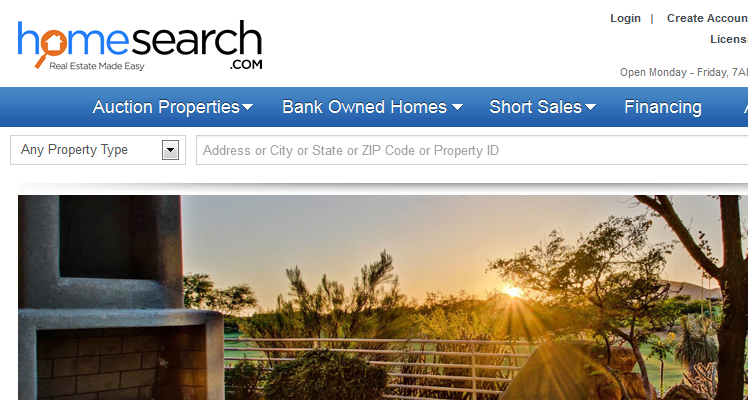HomeSearch is an online auction site for real estate. I hadn’t heard of them until recently when a member of my family was shown a house that was listed on their platform. Out of curiosity, I had a read through their event agreement and I came across something that I thought was odd.
They allow the auctioneer, who represents the seller of the real estate, to bid up the auction on behalf of the seller, until the reserve price is met. In many circles, this would be known as shill bidding.
What the Event Agreement Says
Unless otherwise noted in a listing for a particular Property, the Auction will be a reserve Auction. The reserve Auction will have an undisclosed Reserve Price. The starting bid is not the Reserve Price. Except where prohibited by law, the Auctioneer may open bidding on any Property by placing a bid on behalf of the Seller, and may further bid on behalf of the Seller up to the amount of the Reserve Price by placing successive or consecutive bids for a Property or by placing bids in response to other Bidders. If no Bidder places a bid that equals or exceeds the Reserve Price, the Seller (or Servicer, if applicable) is under no obligation to sell or approve the sale of the Property.
– Section 4.A. of the Event Agreement
Not only can they open the auction. Not only can they bid. But they can successively bid. In other words, they can be the first bid, the second bid, the third bid and so on. They can be every single bid. They can bid as much as they want.
I ran a Google search for a phrase from this text and found a handful of references to similar clauses. But Google runs out of unique results at page 5, so I feel like this may not be something a lot of people know about. Even though I hope everyone will read the terms of service and agreements for any platform they use, I know that some won’t, will miss things and gloss over others.
The Problem
If the seller won’t sell below the reserve price, what’s the problem with allowing the auctioneer to bid up to the reserve price? For one, it suggests demand that doesn’t exist. Yes, people “play the game” and get away with this sort of stuff all the time. Plenty of real estate agents suggest demand to try to push someone to make a bid or a higher bid. It happens and, yes, you should have your price in mind and don’t allow people to drive you higher. But that doesn’t mean it is an honest practice.
How can you trust a system where this sort of practice is actually encouraged? I suspect that most people browsing their website wish the practice would be discouraged, that they would actively police it. Itself, they are doing the opposite. It creates a circumstance where the auctions they do reach the reserve price are just a game of catching the biggest sucker you can find, who believes in demand that may very well not exist.
This Isn’t a Counter-Offer
I hope no one would say “but it’s just like a counter-offer.” It’s not – functionally or ethically. This is not negotiation. This is an actual bid on an auction.
Value changes. Real estate is reduced. If I bid $200,000 and don’t meet the reserve, then the seller can choose to re-list their auction with a lower reserve or just stick it out. That is the choice in ethical auctions.
But if they get me to bid $275,000 because they bid me up that high, that creates a lack of trust in the system. It doesn’t matter if I was willing to go up to $275,000. You deceived me into doing so. That’s wrong.
What HomeSearch Should Do
I don’t profess to be a real estate expert. But I know a little bit about building trust online. As such, here is what I’d like to see HomeSearch do:
- There is enough money being made here where you can put a modest effort into ensuring each person is a different, real bidder. Social security numbers, bank accounts, etc. Yes, it can be circumvented, kind of. But make people work to do it.
- Identify which bids are made by which account. You don’t need to identify the person or the username (you shouldn’t), but you can identify that this bid was made by account #1, this one by account #2, etc. Let bidders know how many people are really interested.
- Don’t allow the auctioneer or the seller to bid. If you ever find one doing so, make a public example of them and kick them off of your site. You’ll be the good guy, they’ll be the bad guy.
I suspect that that this is a procedure that may be recognized as standard by some who operate in the real estate space – especially auctions – but that doesn’t mean that it’s a good thing or that it isn’t deceptive to the average buyer.
It is hard for me to see a circumstance where a potential home buyer would read that clause in the agreement and think “well, that seems fair. I’m glad that is there.” Universally, one would expect that the response would be one of distrust. If you are HomeSearch, that’s not a good emotion to evoke, not with so much money at stake.

Leave a Reply